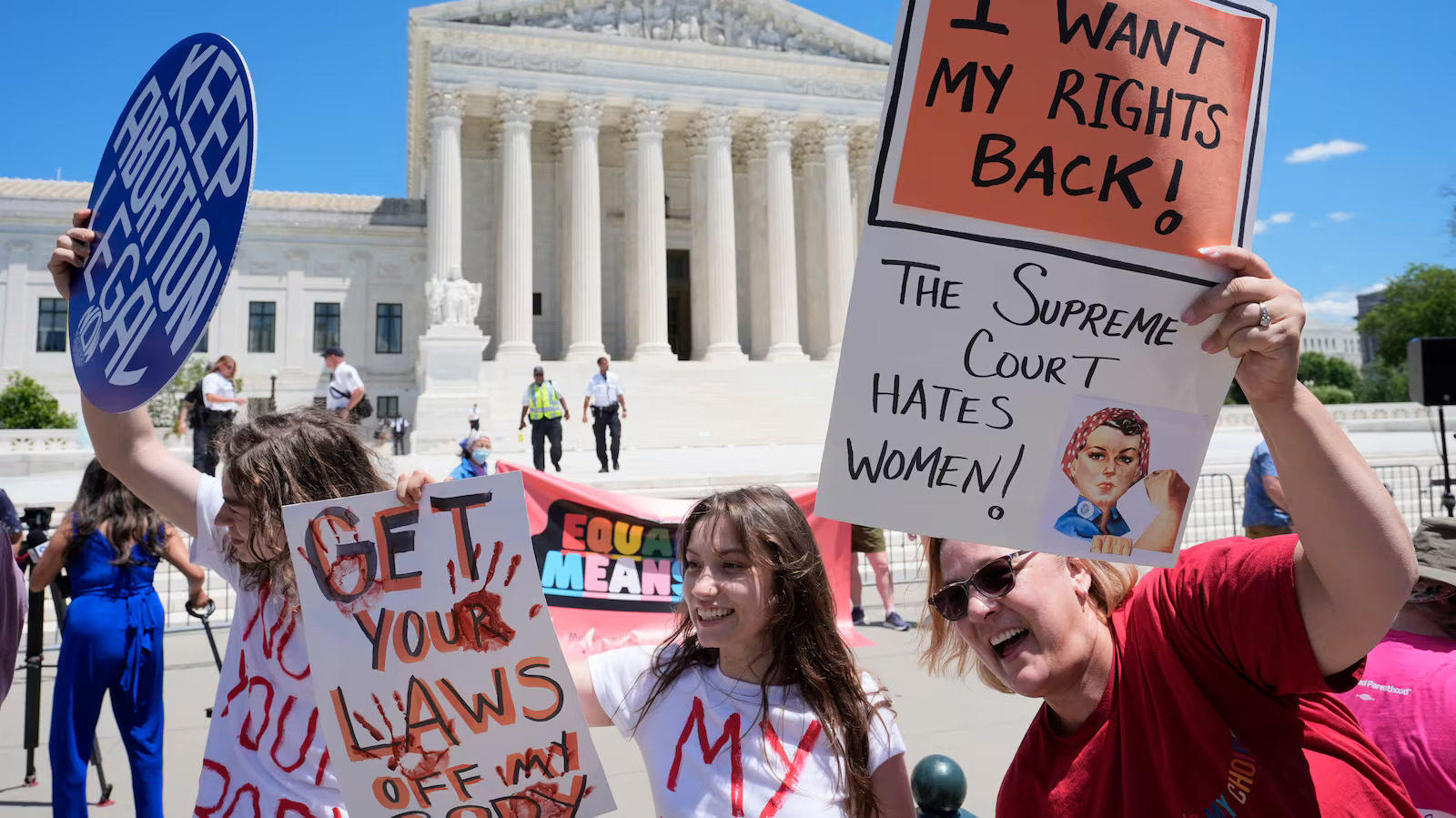A growing number of female physicians in the United States are considering relocating to Canada, driven by concerns over restrictive abortion laws, political instability, and a desire for a more supportive healthcare environment.
Dr. Kriti Patel, a gynecologist based in a northeastern Democratic state, recently took to social media to inquire about part-time opportunities in Ontario. “It’s a terrifying time for women and women’s doctors in the U.S.,” she told , referencing the case of a New York physician criminally charged for prescribing abortion medication to a patient in Louisiana. Texas, meanwhile, has introduced a 99-year prison sentence for doctors performing “illegal abortions.”
Patel, who has begun exploring opportunities in Quebec and Ontario, fears that even liberal states could soon face challenges to reproductive rights. “I don’t think we are far from women losing the kinds of rights we fought long and hard for in the past,” she said.
Canada’s abortion rights, strict gun laws, and universal healthcare system have caught the attention of Patel and others. “We (in the U.S.) have lower life expectancy, higher maternal and infant mortality rates… and we know that Canadians have better health and a longer life expectancy,” she noted.
Concerns About the Future
Dr. Joyce Johnson, a pathologist in Nashville, is also considering a move to Canada. “I have a lot of concerns about the future,” she said, pointing to the growing tensions between executive decisions on science and health funding, and court rulings attempting to halt cuts to services and research.
Johnson, 66, is hesitant to leave her adult children and grandchildren but is drawn to Canada’s expedited licensing process for U.S. board-certified doctors. “I think things are going to move very quickly here in the next weeks and months,” she said.
While it’s too early to confirm a trend, some believe the inauguration of President Donald Trump and the rapid changes in U.S. healthcare policy may push more American doctors to Canada, where an estimated 6.5 million people lack a family doctor and specialists are in high demand.
Uptick in Inquiries
Provinces like British Columbia and Nova Scotia have reported increased interest from U.S. physicians. Nova Scotia Health has received 35 inquiries since late November, with more than half coming from women. Ontario’s expedited licensing process, which exempts U.S. board-certified doctors from additional exams, has also sparked interest.
Andrea Lowen, a recruiter for the Middlesex London Health team, noted that at a recent medical conference in Cleveland, nearly 200 doctors expressed interest in practicing in Ontario. “They were very excited. I think it got them thinking,” she said.
Answering the Call
Dr. Libby Fleming, an osteopathic doctor specializing in addiction medicine, moved from Pittsburgh to Sydney, Nova Scotia, last July. Disillusioned by the profit-driven addiction treatment system in the U.S., Fleming now works at a recovery support center and says she has never regretted the decision.
“My kids were like, ‘Why are you smiling so much?’ Every day I’m happy to go to work and I come home happy,” she said. Fleming also highlighted the relief of living in a country with stricter gun laws, where school shootings are rare.
Since Trump’s inauguration, Fleming has received inquiries from U.S. colleagues considering similar moves. “A lot of people are scared,” she said. “I think we actually are about to see an outflow of healthcare workers from the U.S.”
Canada’s Own Challenges
Despite the interest, some U.S. doctors are waiting to see how Canada’s political landscape evolves. Jill Croteau of the Canadian Society of Physician Recruitment noted that Canada’s own political unrest could influence decisions. “After the elections, we may see more physicians coming across the border,” she said.
For Dr. Gretchen Winter, a critical care physician from Alabama, the decision hinges on finding a position that accommodates her six dogs and offers a better quality of life. “I am very drawn to somewhere where the first priority is taking care of people, and then the finances are behind that,” she said.
While Canadian physicians generally earn less than their U.S. counterparts, Winter sees a pay cut as a fair trade-off for universal healthcare. “I probably pay at least US$20,000 a year for health insurance and bills here,” she said.
For Dr. Kriti Patel, the move would also depend on her children’s ability to join her. “I want to be sure my kids can follow me if they wanted,” she said.
As political tensions in the U.S. continue to escalate, Canada’s healthcare system and progressive policies are proving to be a compelling alternative for many American physicians seeking stability and safety.
Courtsey CTV News

